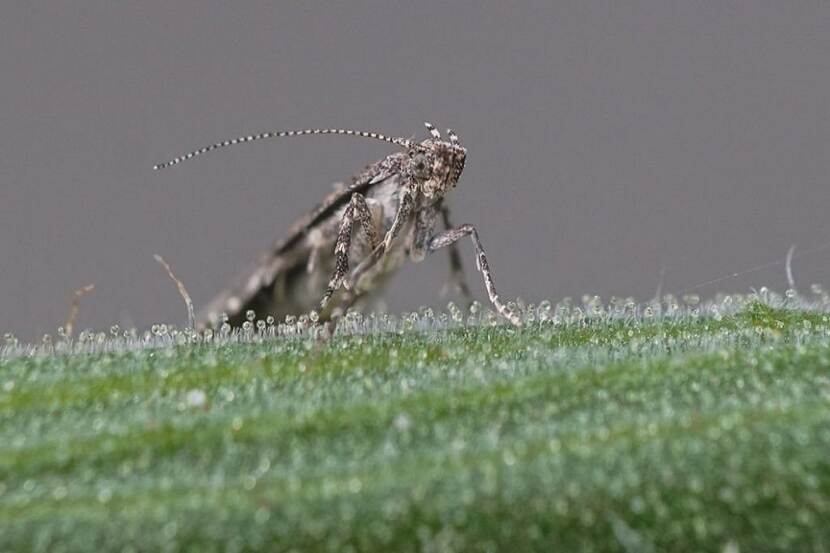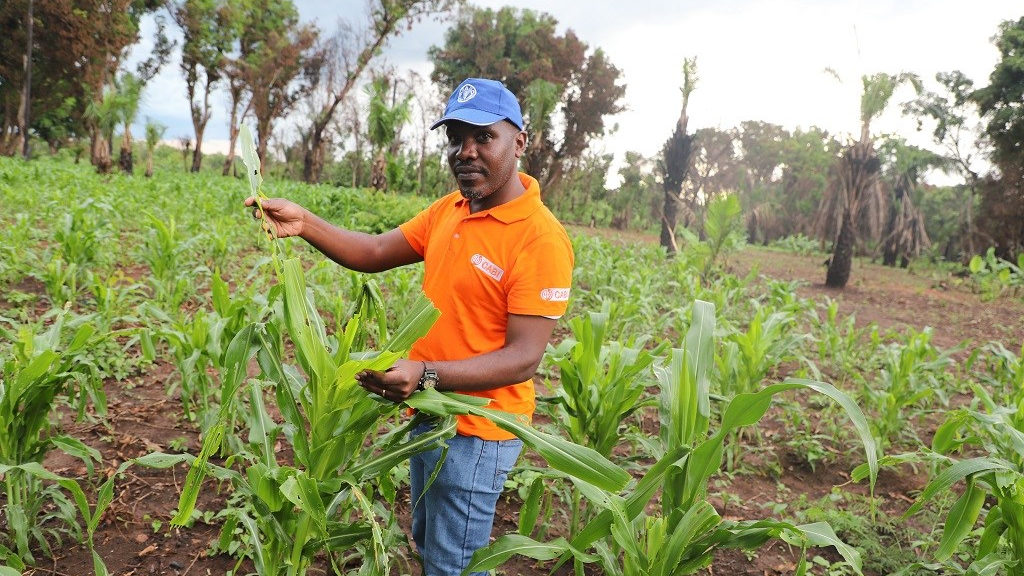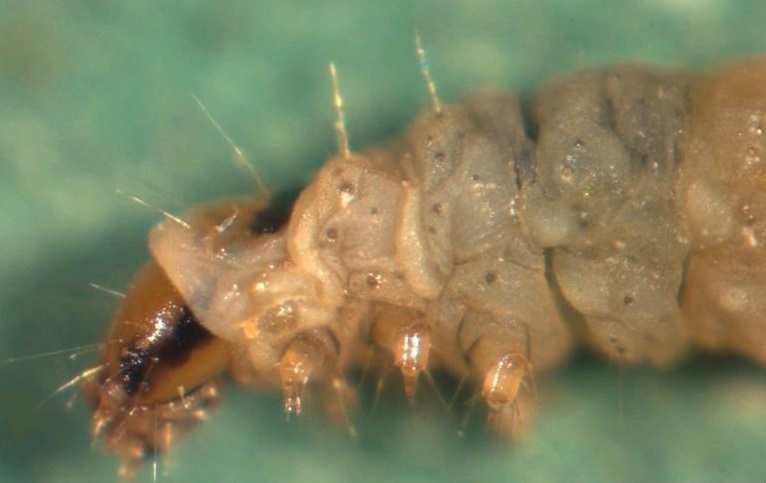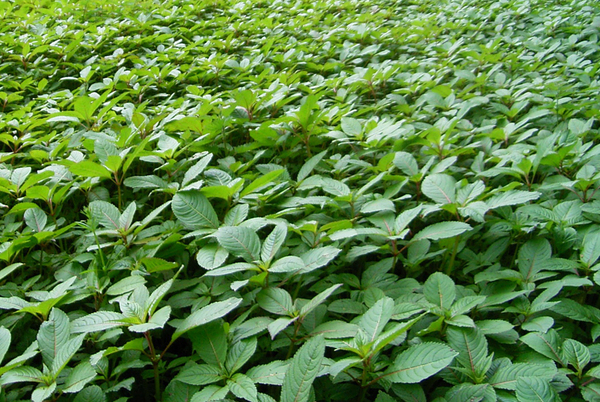Stepping up the fight against Tuta Absoluta in Kenya with safer and sustainable biocontrol products
Tomato is one of the most important vegetables grown by farmers in Kenya and plays an important role in generating employment and income. However, tomato production is limited by many factors, the most important of which are insect pests. Tomato farmers tend to control tomato pests with pesticide sprays, but these pose risks to the…
Study finds endoparasitoid wasp can reduce fall armyworm leaf consumption rate by up to 89%
In a recently published study led by CABI, researchers assessed, under lab conditions, the effect of the endoparasitoid wasp, Coccygidium luteum on the leaf rate consumption of its host – fall armyworm larvae.
Deploying biopesticides to combat fall armyworm in South Sudan
A new project in South Sudan is combatting the fall armyworm, an insect that can cause significant damage to crops, particularly maize. With more than half of South Sudan’s current population—nearly 6.2 million people—in need of life-saving food assistance, safeguarding food security where possible is essential. Launched in January 2019 as a partnership between CABI,…
Two heads may be better than one: using multiple methods in the fight against Tuta absoluta
Tuta absoluta is a major invasive pest that causes devastating crop damage worldwide. Insecticides are heavily relied upon to help curb their numbers, but because of problems with increased insecticide resistance and the environmental impacts of insecticides, scientists are trying to find new ways of fighting this pest.
Progress made on fall armyworm, but greater effort needed
A major new report published by CABI has today revealed that losses due to fall armyworm are lower than projected in 2017 and the pest is still primarily focussed on maize rather than any other potential host crops. Better monitoring, swift responses by governments and farmers and an increase of natural enemies attacking the pest…
CABI study identifies safer options for fall armyworm control in Africa
CABI’s experts in the biological control of agricultural pests and diseases have conducted the first major study of potential biological controls that could be used in the fight against the devastating fall armyworm which recently arrived in Africa.
Dr Ulrich Kuhlmann unveils Biopesticides Portal prototype at Biocontrol Africa conference
Dr Ulrich Kuhlmann, CABI’s Executive Director Global Operations, has unveiled a prototype Biopesticides Portal that facilitates the identification, sourcing and application of more environmentally-friendly, cost-effective and sustainable biological control products in the global fights against agricultural pests and diseases. The CABI-led project was highlighted this week (20 March 2018) at the Biocontrol Africa conference in Nairobi,…
New report reveals cost of Fall Armyworm to farmers in Africa, provides recommendations for control
CABI has published an ‘evidence note’ report on the invasive Fall Armyworm pest, showing how the caterpillar could cause maize losses costing 12 African countries up to US$6.1 billion per annum, unless control methods are urgently put in place.








